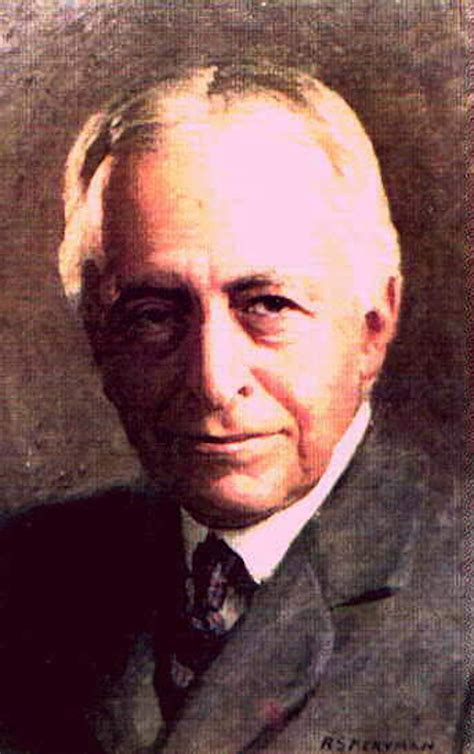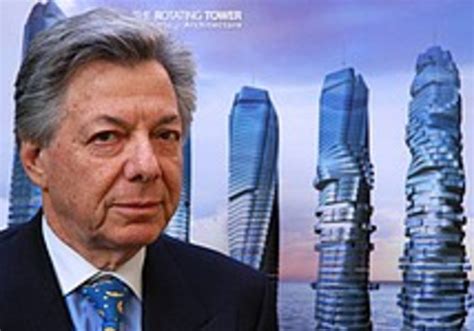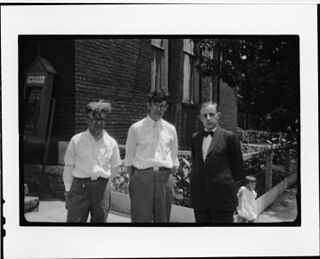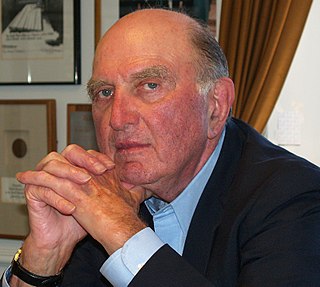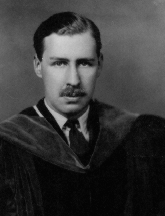A Quote by Irving Babbitt
We may affirm, then, that the main drift of the later Renaissance was away from a humanism that favored a free expansion toward a humanism that was in the highest degree disciplinary and selective.
Related Quotes
Humanism is an overemphasis on human worth and ability, leading man to glorify himself instead of God...While its historical forms may vary, humanism inevitably leads people away from God and spiritual concerns. It promotes the false idea that man is good and that he is superior to God. Secular Humanism of the twentieth century altogether rejects belief in God and worships man as God. The pride of humanism will not go unpunished.
In contemporary society secular humanism has been singled out by critics and proponents alike as a position sharply distinguishable from any religious formulation. Religious fundamentalists in the United States have waged a campaign against secular humanism, claiming that it is a rival "religion" and seeking to root it out from American public life. Secular humanism is avowedly non-religious. It is a eupraxsophy (good practical wisdom), which draws its basic principles and ethical values from science, ethics, and philosophy.
Fanon calls his ideology a new humanism, not only in contrast to the elite humanism of the West, but also on the axiom that the wretched of the earth, understood socially, think and thus must be a basis of a new politics. This, of course, is not achieved immediately, but it must become an explicit element of the struggle for liberation.
People do not drift toward Holiness. Apart from grace-driven effort, people do not gravitate toward godliness, prayer, obedience to Scripture, faith, and delight in the Lord. We drift toward compromise and call it tolerance; we drift toward disobedience and call it freedom; we drift toward superstition and call it faith. We cherish the indiscipline of lost self-control and call it relaxation; we slouch toward prayerlessness and delude ourselves into thinking we have escaped legalism; we slide toward godlessness and convince ourselves we have been liberated.
For Fanon, becoming actional is connected to his idea of a new humanism, which is explicitly critical of European humanism so intimately connected with colonialism. So, it is not simply about finding new concepts from anywhere, but being both critical and self-critical and also being very open to what is happening on the ground.
Western liberal humanism is not something that comes naturally to us: like an appreciation of art or poetry, it has to be cultivated. Humanism is itself a religion without God-not all religions, of course, are theistic. Our ethical secular ideal has it's own disciplines of mind and heart and gives people the means of finding faith in the ultimate meaning of human life that were once provided by the more conventional religions.
Today it is not alive. What, then, is this experience of humanism? With the above survey I have tried to show you that the experience of humanism is that — as Terence expressed it — “Nothing human is alien to me”; that nothing which exists in any human being does not exist in myself. I am the criminal and I am the saint. I am the child and I am the adult. I am the man who lived a hundred thousand years ago and I am the man who, provided we don't destroy the human race, will live hundred thousand years from now.
"Humanism" is to be human, to think, to analyze, and to probe. To respond and to be stimulated by all living things - beasts, fowl, and fishes. To respond through touch, sight, smell, and sound to all things in nature - both organic and inorganic-to colors, shapes, and textures - to not only look at a blade of grass but to really see a blade of grass. These things, to me, are what life and living are all about. I would call it "Humanism."
